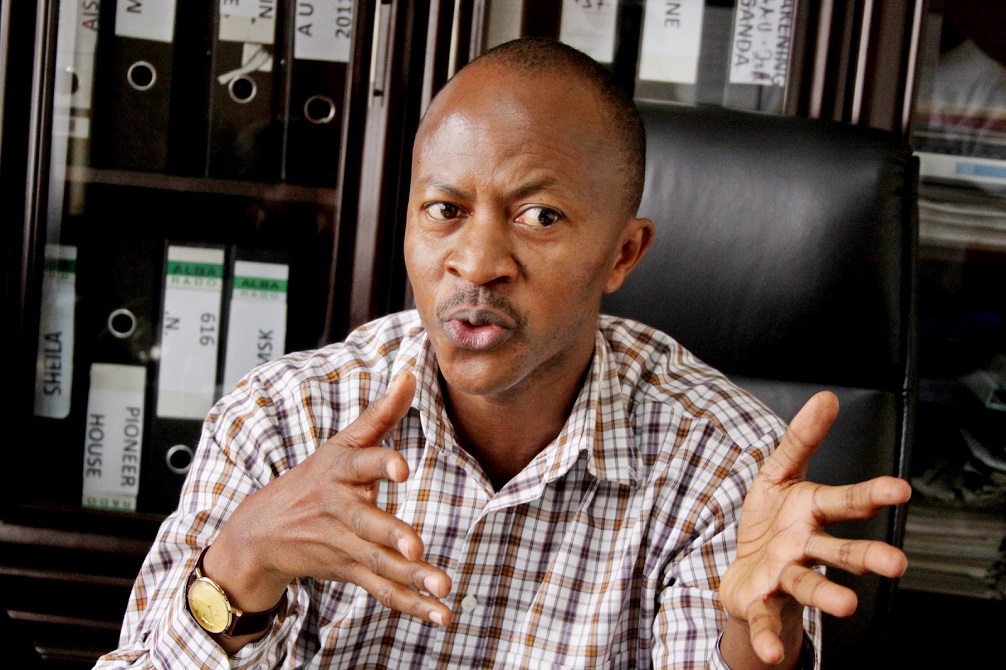Marriage has long been hailed as a cornerstone of society, a union that promises love, companionship, and stability. However, an increasing number of voices are questioning whether this age-old institution truly lives up to its grandiose reputation.
In this article, we delve into the debate surrounding the perceived overrating of marriage, exploring both its merits and shortcomings.
Reevaluating the Traditional Notions
Traditional notions of marriage have evolved over time, shaped by cultural, societal, and economic factors. While it once served primarily as a means of securing alliances and ensuring social stability, modern perspectives emphasize the importance of emotional connection and personal fulfillment. Yet, in the face of changing societal dynamics, some argue that marriage has failed to adapt adequately to the needs and aspirations of individuals.
The Challenges of Unrealistic Expectations
Marriage is often romanticized, portrayed as the ultimate source of happiness and fulfillment. However, the reality is far more complex. Unrealistic expectations can place undue pressure on couples, setting them up for disappointment and resentment when reality fails to meet their lofty ideals. Consequently, many individuals find themselves disillusioned by the stark contrast between their expectations and the challenges that arise within a marital relationship.
Navigating the Ebb and Flow of Relationships
Relationships naturally experience ups and downs, and the institution of marriage is no exception. Sustaining a long-term partnership requires effort, compromise, and effective communication. Unfortunately, not all couples possess the skills or resources necessary to navigate these inevitable hurdles. As a result, some argue that marriages can become stagnant or toxic, leading individuals to question whether the benefits outweigh the emotional toll.
Alternative Paths to Happiness and Fulfillment
In recent years, society has witnessed a diversification of relationship structures and an increased acceptance of non-traditional partnerships. As a result, individuals are exploring alternative paths to happiness and fulfillment outside the confines of marriage. Some find solace in committed cohabitation, open relationships, or choosing to remain single. This shift challenges the notion that marriage is the only path to a satisfying and meaningful life.
A Personal Choice
Ultimately, the question of whether marriage is overrated boils down to personal perspectives and experiences. While some individuals find immense joy and fulfillment within the bounds of matrimony, others may seek different avenues to achieve their own version of happiness. It is crucial to respect and acknowledge the diverse range of choices available to individuals, understanding that what works for one person may not necessarily work for another.
The notion of marriage being overrated is a matter of ongoing debate. As society continues to evolve, it is essential to critically examine and reevaluate our beliefs surrounding this traditional institution.
By fostering open discussions and embracing diverse relationship models, we can create a more inclusive society that respects and honors the varied paths to happiness and fulfillment.
Check also;
- Why Most Celebrity Relationships End Up In Trash
- 6 Reasons Why Love Has Taken A Rain Check In Relationships
Please use the button below to contribute to Newslex Point, Inc. using a credit card or via PayPal.

 Newslex Point News in Uganda, Uganda news
Newslex Point News in Uganda, Uganda news











